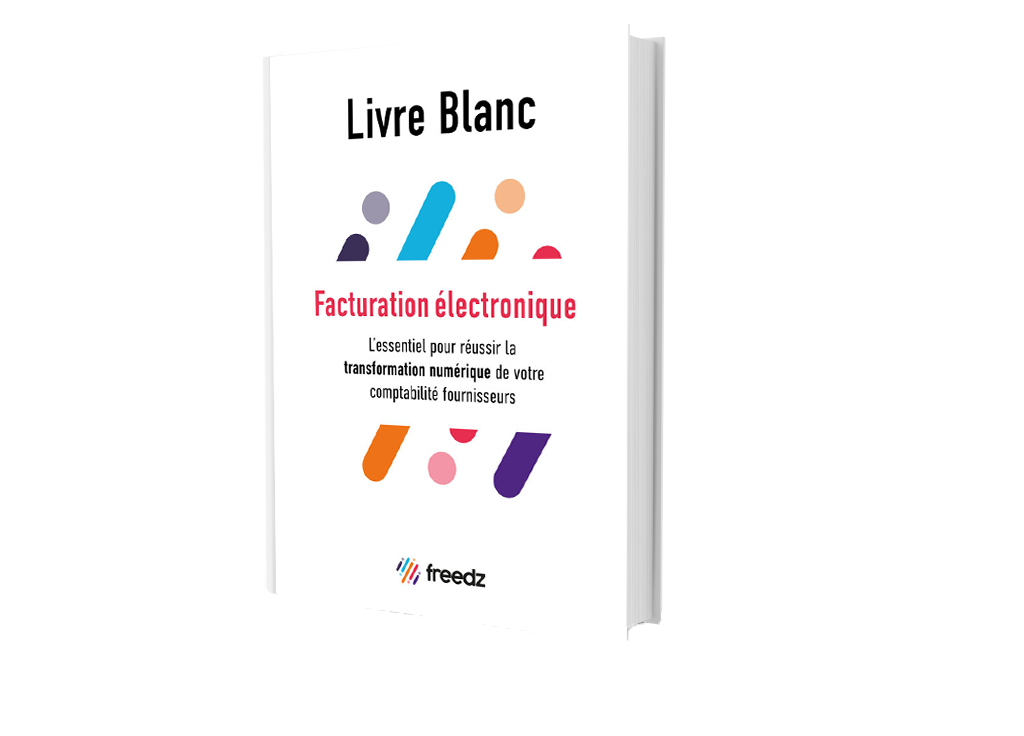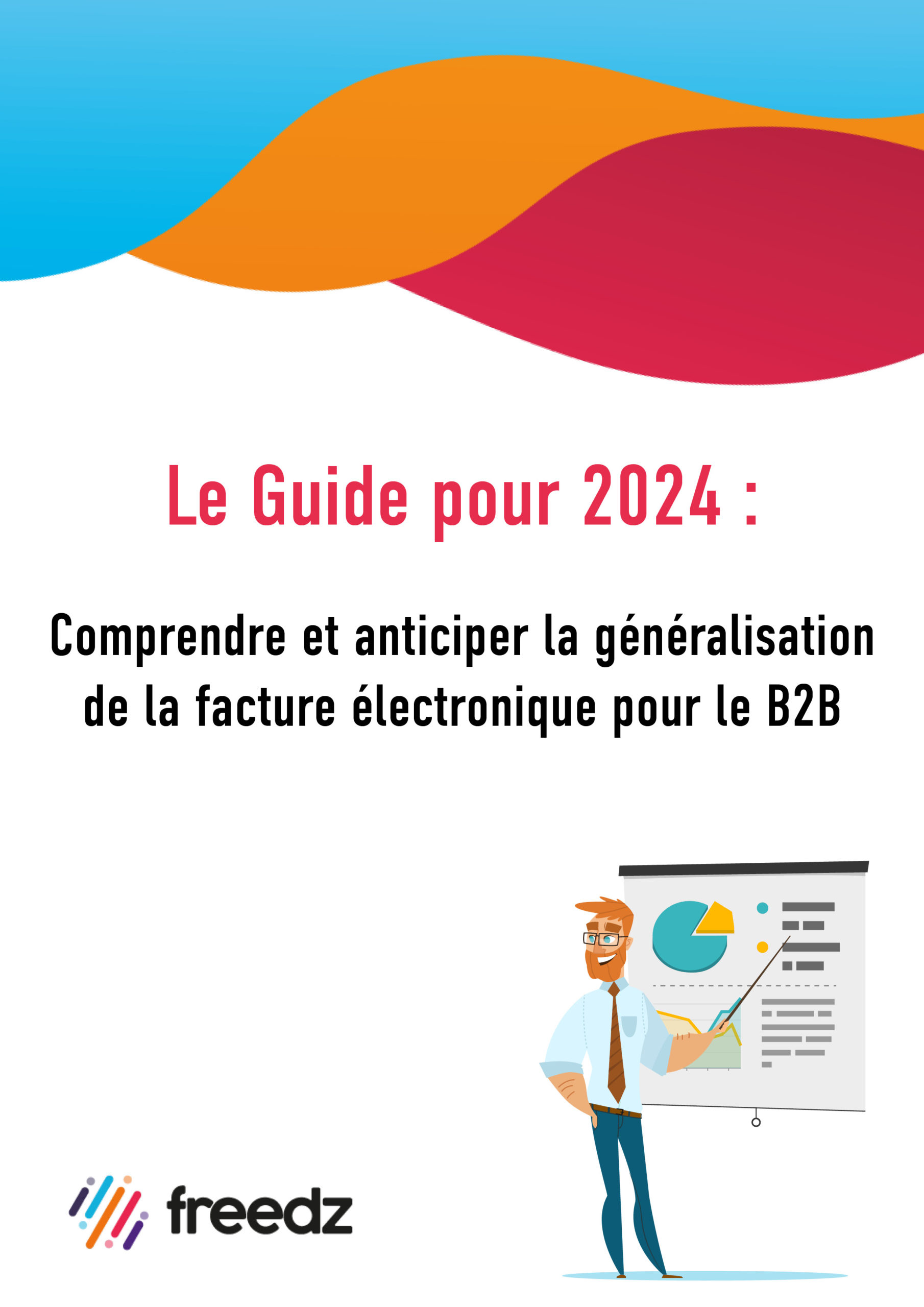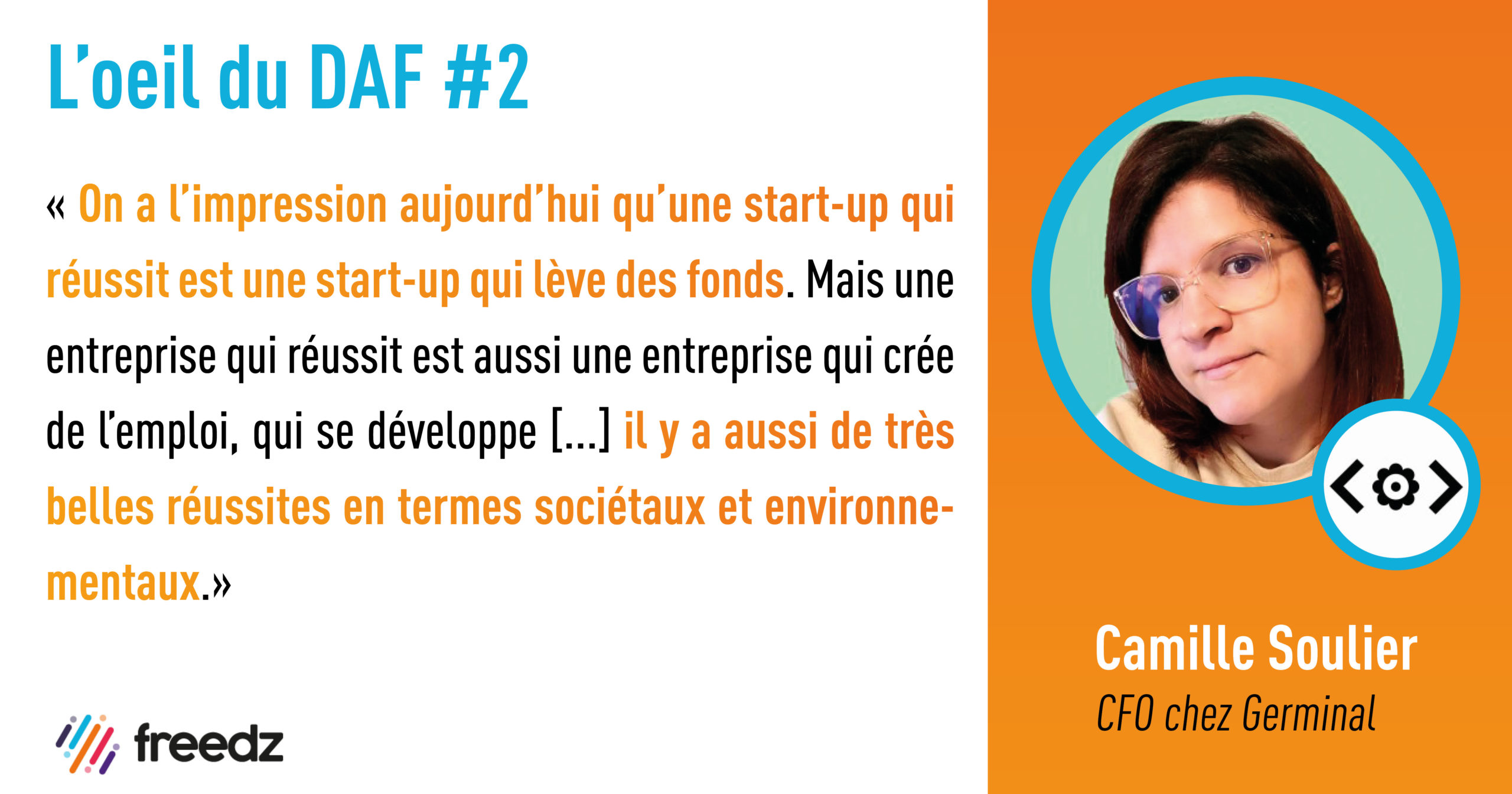CFO's eye #2 - Camille Soulier, CFO at Germinal
Camille Soulier is CFO at Germinal, the start-up that has democratised the use of 🚜 on LinkedIn. Joking aside, Germinal is above all a start-up that is disrupting the codes of corporate culture and which, from a growth hacking agency, has managed to reinvent its model to get through the health crisis.
We met with Camille to discuss her role at Germinal, her views on her job and more generally on what makes a company valuable. We also discussed her commitment to the DFCG to improve the representation of women in positions of responsibility in the world of finance.
Camille, to begin with, can you quickly present Germinal, your mission?
Germinal was created in 2018. Historically, we were a growth hacking agency, supporting companies on their online customer acquisition. In total, we have accompanied more than 300 companies, of all sizes, from large companies to very small businesses.
It was a successful model, but when the first containment occurred in March 2020, the first reaction of companies was to cut marketing budgets as a precaution. This had a dramatic impact on our business and resulted in the loss of around 80% of our customers.
Grégoire, our CEO, took the opportunity to work on a project he had been thinking about for a long time. As we have accompanied many companies in their growth and acquisition strategies, we have acquired a lot of experience on the subject. The project was therefore to compile all this feedback, in the form of videos and content, in order to offer a training platform that is truly growth marketing oriented: the Antichambre.
The model has taken off very well and we have helped many entrepreneurs to get started, to get their first clients, their first recruits, etc. And not only start-ups. And not only start-ups. Finally, we quickly realised that we were dealing with much more than just marketing issues.
L'Antichambre is therefore currently evolving to support business creation in general. Our ambition in 2030 is to help 1 million entrepreneurs to make 1 million euros in turnover.
Finally, the crisis has led you to review your operations and, it would seem, to find a more virtuous model?
Indeed, it is a more scalable model and reaches a larger population.
You have been with Germinal for just over 8 months. In concrete terms, what were the first three months like when you took up your post?
Already, they have been rather intense. When I arrived, the accounting was outsourced. There were also a lot of tools, which meant that the data was not centralised.
So my first task was to rationalise the tools and prepare the internalisation of the accounting. We then had to review all the processes, to structure them in order to invoice and dungeon more efficiently. The aim was to improve cash flow. Because invoicing is good but getting paid is better.
Another problem was that we were not recognised as a training organisation. Our clients could not therefore have their training financed by the CPF. We therefore had to set up internal processes to obtain this certification.
Finally, if I had to summarise, it was necessary to map the different flows, to identify all the places where information was available and to make everything reliable.
It should be noted that at Germinal, 40% of the EBITDA is redistributed to the employees in the form of profit-sharing. It is therefore necessary to be able to consolidate the company's balance sheet on a regular basis in order to give employees visibility. Every Friday, Grégoire gives the teams an update on the company's cash flow and results, in order to be transparent about the progress of the objectives.
Can you tell me about your role, what do you think the CFO's mission is?
In my opinion, the CFO is first and foremost a business partner who is there to give the financial vision to the chairman and the teams. He or she must be able to step back and provide a macro view of the financial strategy and support the company's growth.
As I said earlier, this is all the more true at Germinal because we have a particular vision of the company and transparency on financial information. We also have a system where each team builds and validates its own budget. The CFO is not there to restrict budgets, but to give input so that the teams can make the right decisions.
When you are in a company that is developing on its own, without raising funds, you also have to pay close attention to the company's cash flow.
You talk about fundraising. I have the impression that a debate has recently opened up around their media coverage. We can see this with the position taken by Guillaume Moubèche, CEO of Lemlist, in opposition to all the noise that is made about the new French unicorns. I saw that you were also defending another model of success. You also underlined it with an interesting question: "Is the value of a company only financial"?
Let's be clear, even if there are things to criticize, I am not criticizing the fund-raising model. What I do criticise a little in the current context is that we see a lot of politicians and media personalities highlighting start-ups that raise huge amounts of money. The famous "unicorns".
And I don't minimize the interest of the involvement of foreign funds, which boost the economic dynamism of the country. In fact, I would say that fundraising is important in two cases:
- When it takes time to bring a product to market, with a lot of research and development, like in medtech for example.
- When you are in a very competitive sector and it is vital to move very quickly to develop rapidly and capture market share.
Unfortunately, today we have the impression that a successful start-up is one that raises funds. But a successful company is also a company that creates jobs and develops.
I think it's a shame that, in the current economic and ecological context, the discourse puts too much emphasis on fundraising, whereas there are also very good success stories in societal and environmental terms.
Again, I don't want to blacken fundraising, which can be very useful. But valuation should not be the only criterion for success. Especially as this mechanism is based on projections which, in some cases, can end in failure through poor management of hyper-growth.
I saw that Germinal had turned to October for funding. Is this another way of raising money? Why this choice?
The mechanism is very different, it is a platform for participatory loans. In France, there is a tendency to think that in order to raise funds, it must necessarily be dilutive for the shareholders. However, non-dilutive leverage is clearly underestimated.
Even though most of the time you need a lot of capital to get a loan - so the more you raise the more you can borrow - you should not neglect this leverage.
In addition to your work at Germinal, you are involved with the DFCG for women in New Aquitaine. Why this commitment?
This is a possibility offered to us by Germinal. In concrete terms, the company offers us one day per month of paid voluntary work so that we can get involved in causes that affect us.
I became involved with the DFCG au féminin because, although there are many women in the finance and accounting professions, there are very few in positions of responsibility. There are many reasons for this, some of which are well known and discriminatory. But there is also the fact that the age when we can advance our career, between 30 and 35, is also the time when we want to start a family. This can put a brake on career development. A woman should not have to choose between her career and her family.
Unfortunately, today we are forced to do positive discrimination and we will have won when it is no longer necessary.
In one of your LinkedIn posts, a network on which you are quite active by the way, you highlighted the difficulties of entering the world of finance when you come out of university?
You should know that in France, if you have not been to business school or engineering school, it is generally harder to enter the job market. This is especially true in finance, if you are considering working in one of the "Big 4" firms.
One of the reasons, in my opinion, is that the courses lacked professionalization. The most important part of studying is not in the lecture hall but by going out into the field, by getting your hands dirty. That's how you progress.
But I have the impression that things are starting to move and improve.
To conclude, would you have any advice for a young financier?
When you're a CFO, you're expected to manage a lot of different things, especially in start-ups and SMEs. From CFO to HR, legal, accounting, etc.
In reality, it is impossible to master everything. In my opinion, a CFO must master his strong points and not hesitate to call on professionals, on service providers, for subjects in which he is less at ease.
In any case, you should not be impressed and stop at a list of skills on a job advertisement. Even if you are missing skills on paper, you have to go for it, there is no perfect candidate. This is perhaps also where women put the brakes on themselves.
Other articles you may be interested in:
How can pre-accounting help you optimize your financial management?
Keeping accounts is not only a legal requirement for companies, but above all a way of ensuring sustainable, efficient financial management. It is through this discipline that cash flows are recorded, analyzed and interpreted,...
E-reporting: everything you need to know about the obligation to transmit transaction data
Expected - even desired - by many companies, the postponement of the generalization of electronic invoicing to September 1, 2026 should not be synonymous with complacency on the part of stakeholders. Rather, it represents an opportunity and time to...
Dematerializing calls for funds, the new ally for real estate players
The ELAN law of November 23, 2018 has profoundly reshaped the social housing sector, encouraging, in particular, home ownership by tenants. In doing so, the text gives social landlords the opportunity to put properties up for sale, of which they...
Our most popular free resources:

White paper: the essentials for a successful digital transformation of your accounts payable
This white paper provides answers to the main questions you may have when making the transition to electronic invoicing, as well as the points to watch out for in order to successfully complete your project.

The Guide to 2024: everything you need to know about the widespread use of electronic invoicing
This guide contains all the information you need to understand the new legislation and to anticipate this change.

Case Study: Improve Accounts Payable Efficiency While Maintaining Control
In order to improve its supplier relations and enhance the value of its employees' missions within the accounting department, Halpades has chosen to completely dematerialise its supplier invoices thanks to Freedz.






